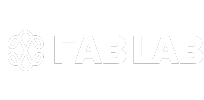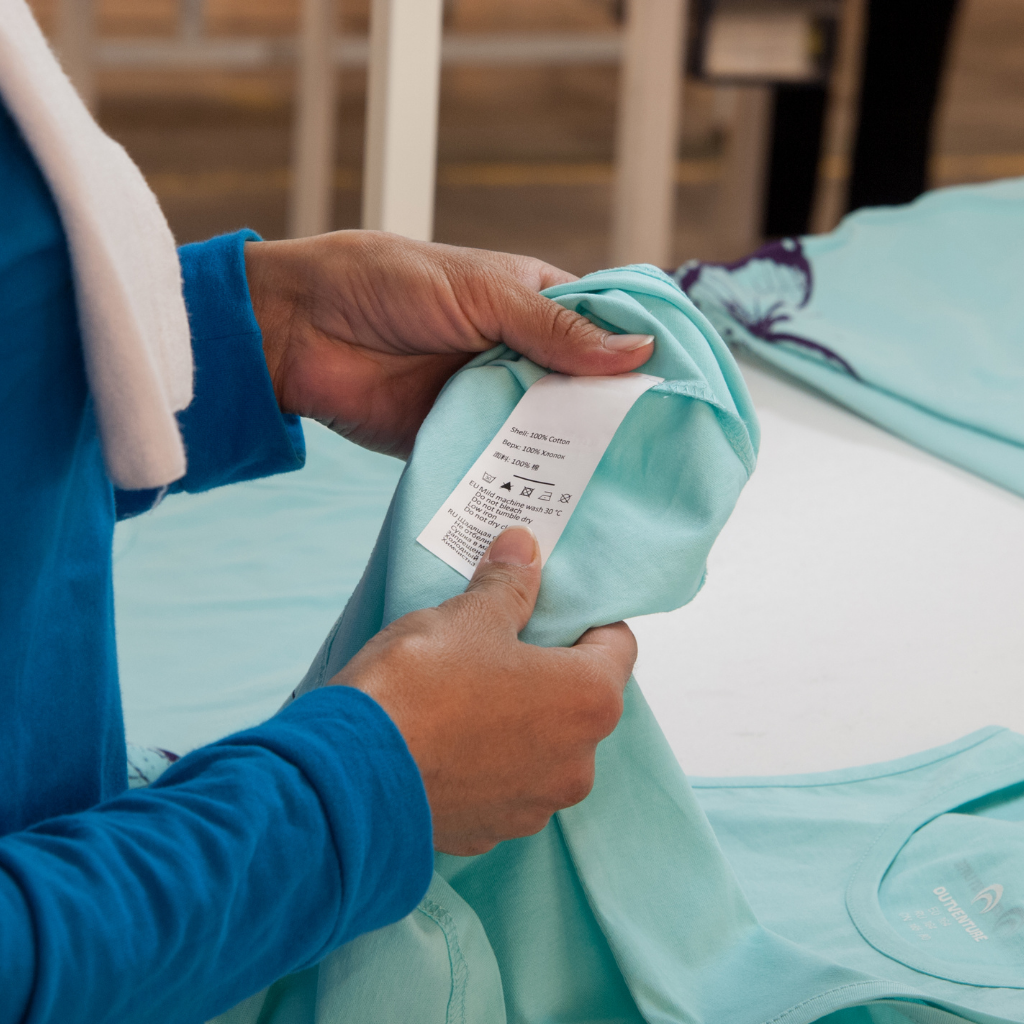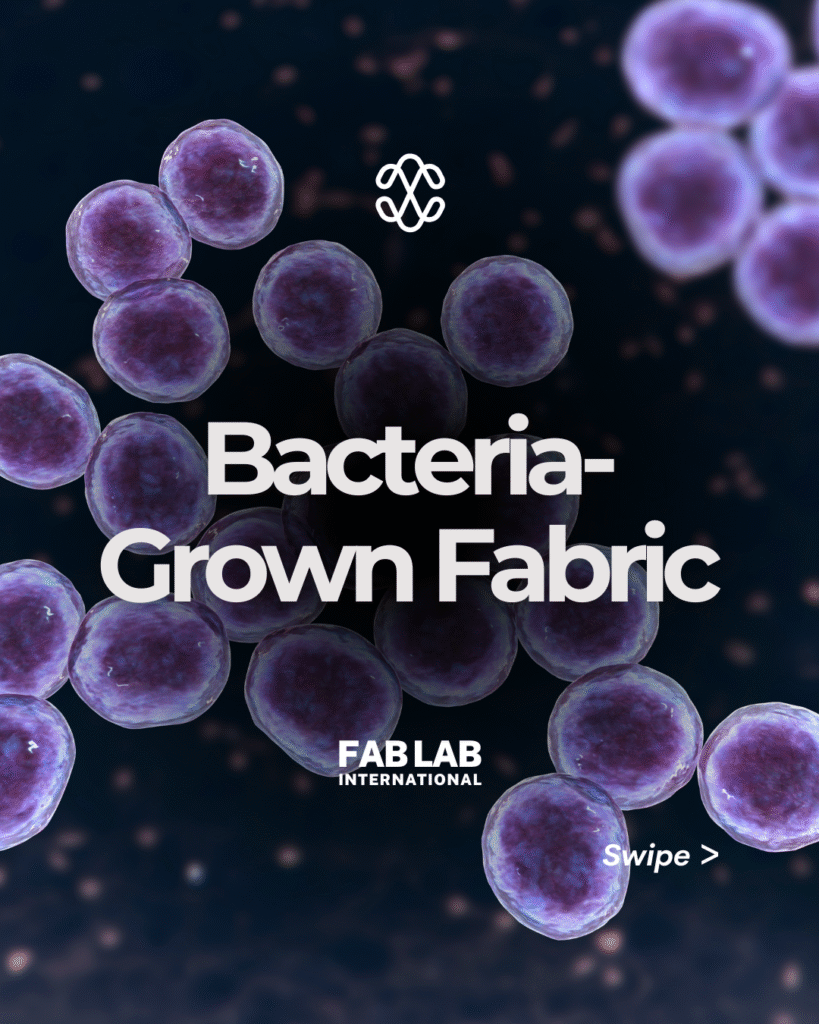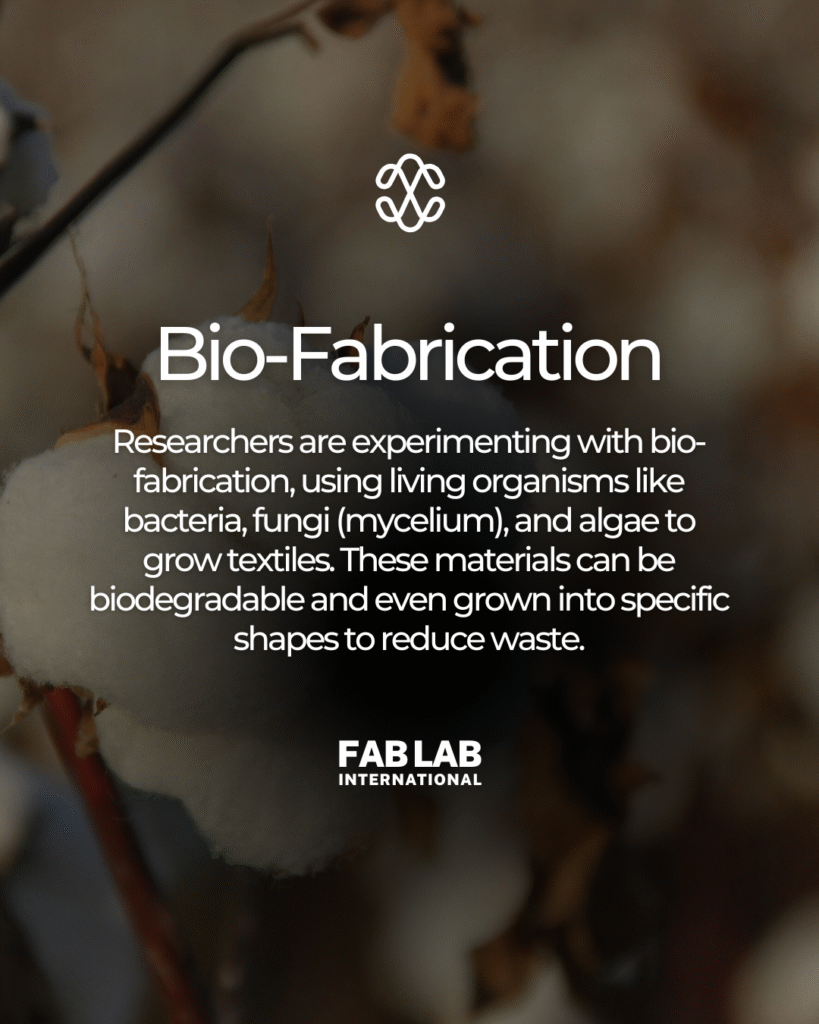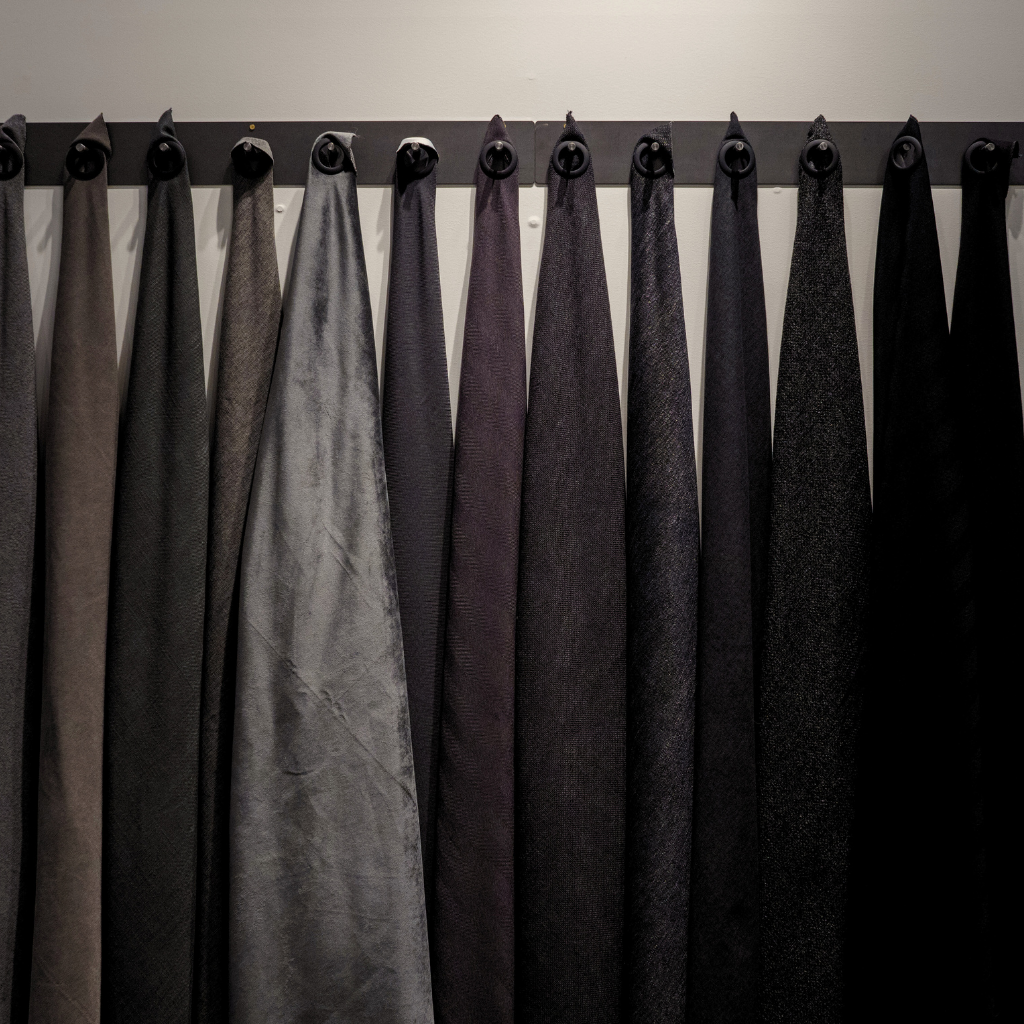No products in the cart.
Labortary and Testing
Defining the New Frontier of Textiles
The service offerings are meticulously designed to be a holistic ecosystem. The data generated in the laboratory informs research and development, which in turn fuels manufacturing consultancy. This entire process is grounded in a relentless pursuit of innovation. Fab Lab International does not provide isolated services; it offers a seamless partnership to help clients navigate the entire textile lifecycle, from raw fiber to finished product. This comprehensive approach is designed to provide a competitive advantage in a complex and rapidly evolving industry.
Physical and Mechanical Testing
The purpose of this testing is to assess a fabric's durability and structural integrity for its intended end-use. Examples include tests for bursting and breaking strength, pilling, abrasion resistance (Martindale), dimensional stability (shrinkage), and seam strength. These tests help to isolate and identify problems like low breaking or burst strength and high pilling, which can lead to significant costs if not corrected early in the production process.
Chemical and Regulatory Compliance Testing
This testing ensures products are safe for human and environmental health, meeting increasingly strict global regulations.Analysis is conducted for banned substances (Azo colorants), heavy metals, formaldehyde, and restricted substances (for regulations like REACH and CPSIA). The services also include wastewater and sludge testing in accordance with standards like ZDHC. These tests are vital for helping clients navigate complex regulatory landscapes and avoid costly fines and liabilities from unsafe products.
Performance and Functional Testing
The purpose of this testing is to validate a product's functional claims, which are critical for marketing and consumer satisfaction. This includes testing for breathability, water resistance, thermal insulation, and UV protection. It is also possible to conduct specialized testing for fit, care, and health-related issues.
The Value Proposition, From Data to Decision
The testing services deliver tangible business benefits that extend far beyond a simple pass/fail result. The process begins with the identification of inadequate quality control and a lack of trust in global suppliers. This widespread issue creates a strong demand for independent third-party testing. This testing, in turn, reveals poor quality and compliance issues, which Fab Lab International's services help to mitigate by reducing the risk of costly recalls and litigation. With validated test reports, brands can confidently make and substantiate marketing claims, leading to increased consumer trust and loyalty.8 The data derived from testing is used for strategic advisory, where experts provide consultation on why a fabric might fail in the field, what textiles are most suitable for harsh environments, and what fire codes are required in different parts of the world. The ability to translate technical data into a clear, business-focused value proposition is a key differentiator. The following table provides a breakdown of some of the most critical textile tests and the direct benefits they provide to clients.
Our Textile Testing Portfolio
Pilling Test
Assesses a fabric's resistance to the formation of small balls of tangled fibers on its surface. | Ensures garment longevity and appearance retention, reducing consumer complaints and returns. |
Bursting Strength Test
Measures the pressure a fabric can withstand before it breaks. | Verifies the durability and structural integrity of materials, especially for products with high-stress points. |
Colorfastness Testing
Measures a fabric's ability to retain its color and resist fading or transfer when exposed to light, washing, or rubbing. | Prevents discoloration and dye transfer, ensuring product quality and customer satisfaction. |
Dimensional Stability
Measures a fabric's resistance to shrinking or stretching after washing, drying, or exposure to temperature and humidity. | Guarantees consistent fit and size, aligning with consumer expectations and building brand reliability. |
Azo Colorants Test
Detects the presence of banned Azo dyes, which can be carcinogenic and are prohibited by global regulations. | Ensures regulatory compliance and consumer safety, preventing fines and legal liabilities. |
REACH/CPSIA Testing
Analyzes fabrics for restricted substances like heavy metals and phthalates, mandated by regulations like REACH and CPSIA. | Mitigates legal risk and protects consumers from harmful chemicals. |
Flammability Testing
Assesses a fabric's resistance to ignition and flame spread. | Essential for products like children's apparel and home furnishings to ensure safety and regulatory compliance. |
Abrasion Resistance
Determines a fabric's resistance to wear from rubbing against other surfaces. | Ensures durability for applications like upholstery and outerwear, extending the product's lifespan. |
Your next big idea is a conversation away.
Contact us and start building a smarter, more sustainable future for your brand.
Follow us on @fablabinternational
